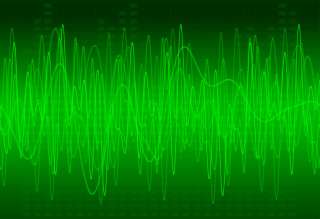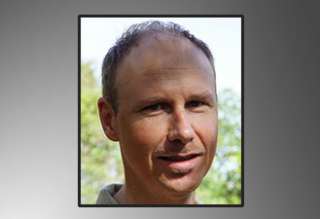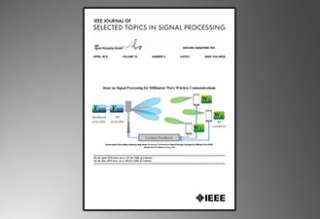SPS Feed
Top Reasons to Join SPS Today!
1. IEEE Signal Processing Magazine
2. Signal Processing Digital Library*
3. Inside Signal Processing Newsletter
4. SPS Resource Center
5. Career advancement & recognition
6. Discounts on conferences and publications
7. Professional networking
8. Communities for students, young professionals, and women
9. Volunteer opportunities
10. Coming soon! PDH/CEU credits
Click here to learn more.
The Latest News, Articles, and Events in Signal Processing
Submission Deadline: February 15, 2019
Call for Proposals Document
Lecture Date: February 22, 2019
Chapter: Chicago
Chapter Chair: Rashid Ansari
Topic: Graph Signal Processing: Distributed Graph Filtering
Lecture Date: February 19, 2019
Chapter: Mexico
Chapter Chair: Juan Alvarez Padilla
Topic: Graph Signal Processing: Distributed Graph Filtering
Lecture Date: February 18, 2019
Chapter: Mexico
Chapter Chair: Juan Alvarez Padilla
Topic: Statistical Inference through Sparse Sensing
September 9-13, 2019
Registration Deadline: June 30, 2019
Location: Arenzano, Italy
Website

Open ETH-FDS Postdoctoral Fellow positions in Foundations of Data Science
ETH Foundations of Data Science (ETH-FDS) is a new cross-departmental initiative at ETH Zurich, starting on 1 January 2019. Its main focus is research-oriented in the area of foundations of data science, at the intersection between information sciences, machine learning and statistics.
We invite applications for ETH-FDS Postdoctoral Fellow positions in Foundations of Data Science.

Post-doctoral research position:
Extremely-low-resource radio browsing for humanitarian monitoring
Stellenbosch University, South Africa
Manuscript Due: July 1, 2019
Publication Date: March 2020
CFP Document
Manuscript Due: May 15, 2019
Publication Date: February 2020
CFP Document
Manuscript Due: April 1, 2019
Publication Date: January 2020
CFP Document

Aalto University
If you’ve ever been to the emergency room due to an injury, chances are you’ve had a routine encounter with what is in fact a wonder of the modern age: Magnetic Resonance Imaging, or MRI. Advancements in medical imaging allow us to study parts of the body, including the brain, to an extent unprecedented in the history of medical science.

The International Institute for Smart Transportation, Infrastructure, Finance and Computing (IISTIFC) affiliated with the School of Smart Cities (SSC) at South China University of Technology (SCUT), Guangzhou, China invites applicants to fill tenure track/tenured Assistant/Associate/Full Professor faculty positions on Guangzhou International Campus for conducting interdisciplinary engineering education and cutting-edge research.
Pages
SPS Social Media
- IEEE SPS Facebook Page https://www.facebook.com/ieeeSPS
- IEEE SPS X Page https://x.com/IEEEsps
- IEEE SPS Instagram Page https://www.instagram.com/ieeesps/?hl=en
- IEEE SPS LinkedIn Page https://www.linkedin.com/company/ieeesps/
- IEEE SPS YouTube Channel https://www.youtube.com/ieeeSPS


















